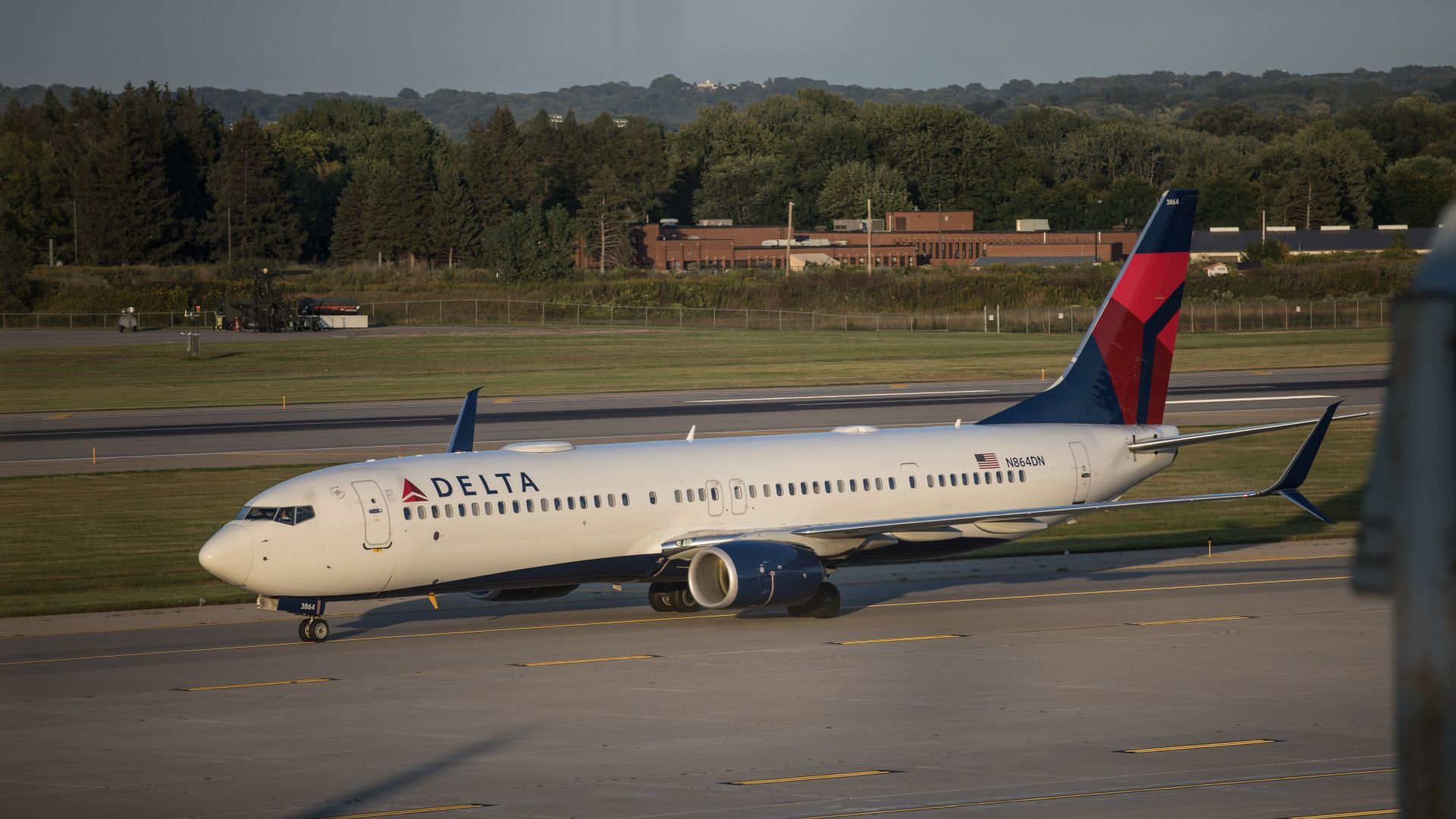A Delta Air Lines Boeing 737-900ER had to abort its takeoff at Minneapolis-St. Paul International Airport on October 23, 2025, after experiencing an engine failure. The aircraft, operating flight DL1661, was scheduled to depart for Portland with 187 passengers on board when the crew received an indication of a failure in the right-hand engine during the takeoff roll. The incident required a high-speed rejected takeoff, prompting immediate action from the pilots.
The aircraft, identified as N829DN, was rolling at 135 knots when the crew decided to abort. They successfully turned the plane onto Runway 22 and taxied back to the gate for inspections. Passengers disembarked without injury, but they faced a delay of approximately two and a half hours while waiting for a replacement aircraft.
Flight Details and Passenger Impact
Delta Air Lines operates flight DL1661 as a daily service from Minneapolis-St. Paul to Portland, typically departing at 15:50 and arriving at 17:27. Instead, passengers arrived in Portland at 19:59 due to the unexpected situation. After the aborted takeoff, Delta arranged for another Boeing 737, registered as N836DN, to take the passengers to their intended destination. A replacement crew was also organized to comply with duty regulations.
Following the incident, the grounded 737-900ER underwent inspections to assess the condition of its brakes and tires, given the high speed at which the takeoff was aborted. Delta’s maintenance team based in Minneapolis is well-equipped to handle such investigations and repairs, ensuring the aircraft can safely return to service.
Aircraft Specifications and Engine Details
The Boeing 737-900ER involved, N829DN, was delivered to Delta Air Lines in 2014 and is part of a fleet of 163 such aircraft, making Delta the largest operator of this model worldwide. The 737-900ER typically accommodates 180 passengers across three classes: 20 Delta First, 27 Delta Comfort, and 133 Delta Main.
This aircraft is powered by the CFM56-7B engine, which is recognized for its reliability and performance. Investigators will examine whether the engine failure was due to a design flaw or maintenance issue. Delta operates a significant number of these engines, and while the CFM56 series is known for its dependability, each incident warrants thorough scrutiny.
The CFM56 engine family has been widely utilized not only in the Boeing 737 series but also in various Airbus models and military aircraft, underscoring its status as one of the most successful turbofan programs in aviation history.
While the incident may have caused concern among passengers, it concluded without any reported injuries. Delta Air Lines is committed to ensuring safety and reliability as they investigate the circumstances surrounding the engine failure of N829DN.








































































